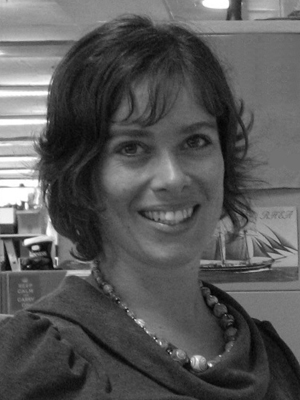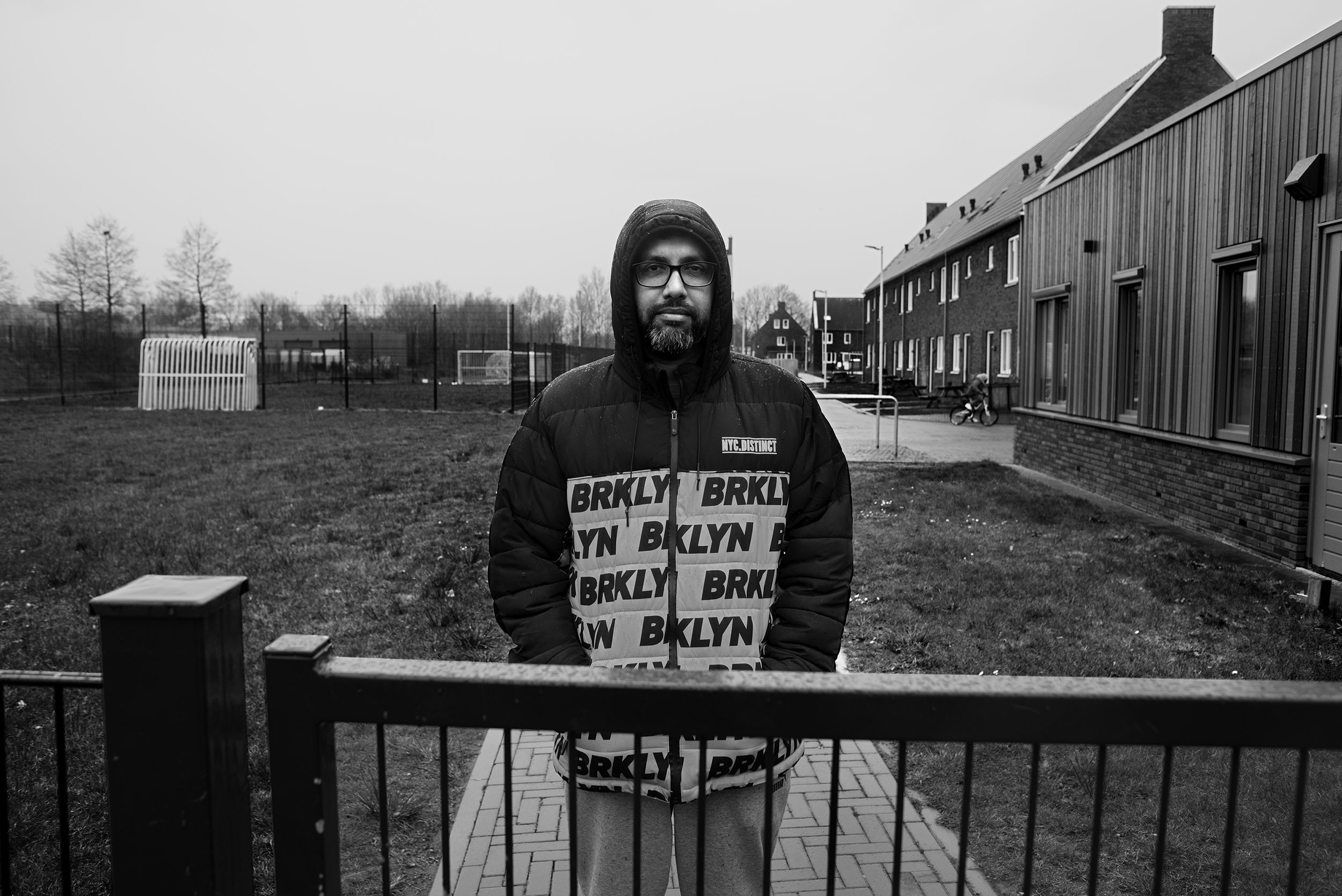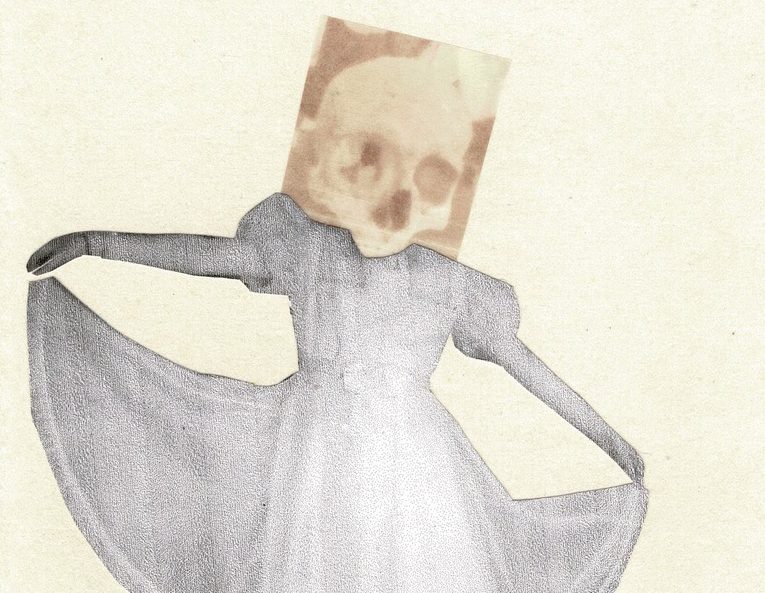Dr Bregje de Kok
ISRF EARLY CAREER FELLOW 2013
Loss in childbearing (maternal mortality; induced and spontaneous abortions; perinatal mortality) is an important problem in sub-Saharan Africa (SSA), specifically, in Malawi. Regardless of sustained global initiatives, maternal mortality (MM) and pregnancy loss are unacceptably common. In Malawi, life-time risk of maternal death is 1 in 18 (UK: 1 in 8200). Delays in seeking and receiving care are important contributors to the burden. They are not fully explained by practical (e.g. costs, distance) and cognitive (lack of knowledge) barriers. We need more insight into how local rationales affect use and provision of care, in particular interpretations of responsibility, blame and women’s entitlement to care. For instance, in Malawi, some interpret obstructed labour as signalling a woman’s infidelity, who is kept at home until she confesses. Practitioners’ moral judgements matter too; they seem to underpin substandard maternal care in SSA. In various African contexts, practitioners have been found to verbally and physically abuse especially ‘deviant’ clients (those not attending antenatal care, teenage mothers).
Using an innovative analytic approach –discourse analysis (DA)- this project will document how communities and practitioners interpret loss of the (unborn) child and mother and care provided; how these interpretations assign responsibility, blame, and entitlement to care and how they may affect use and provision of care. Interpretations will be elicited in interviews and focus groups. Acknowledging that accounts are never neutral, DA will be used to examine statements’ functions (e.g. justifying actions, allocating blame). Observations elucidate how interpretations of blame and entitlement to care may affect provider- client interactions. This study is theoretically and methodologically innovative. Going beyond the usual assessment of the content of accounts of loss and maternity care, it examines how such accounts produce moral judgements, evoke local interpretations of human rights and how judgements may affect maternity care. It includes providers and men, whose views have been neglected. Moreover, use of DA elucidates methodological issues affecting the validity of maternal death audits, increasingly used in resource-poor settings to infer cause of maternal death from practitioners’ and relatives’ accounts. However, they neglect how interpersonal issues at stake (responsibility, blame) for all parties concerned colour these accounts.

Bregje de Kok received a PhD (2007) and MSc in Psychology (2002) from the University of Edinburgh and an MA in Psychology (cum laude) from the Radboud University Nijmegen. Before joining the University of Amsterdam, she was lecturer at the Institute for Global Health and Development (IGHD) at Queen Margaret University. From 2006 until 2008 she worked as postdoctoral researcher in Sociology at the University of Edinburgh on an interdisciplinary ESRC-MRC fellowship . Before that, she worked as researcher in Nursing studies at the University of Edinburgh on a study examining changes in the health visiting service in Scotland and whether it addressed the needs of Pakistani and Chinese mothers in Scotland.
Central themes in her research are care and morality in the area of reproductive and maternal health. More specifically, she is interested in the normative and moral aspects of sexual, reproductive and maternal health and how these affect community members’ and health professionals’ behaviours, and the interaction between them. She also studies care as practice, and different notions of ‘good’ care. Through ethnography, discourse and conversation analysis, she seeks to illuminate how policies, interventions and care play out on the ground, and contribute to the development of health systems, policies and interventions tailored to local concerns and realities.
PROJECT OUTPUTS & ACTIVITIES
OTHER OUTPUTS & ACTIVITIES
Contacting Fellows
If you would like to contact any of our Fellows to discuss their ISRF-funded work, please contact Dr Lars Cornelissen (Academic Editor) in the first instance, at [email protected].





